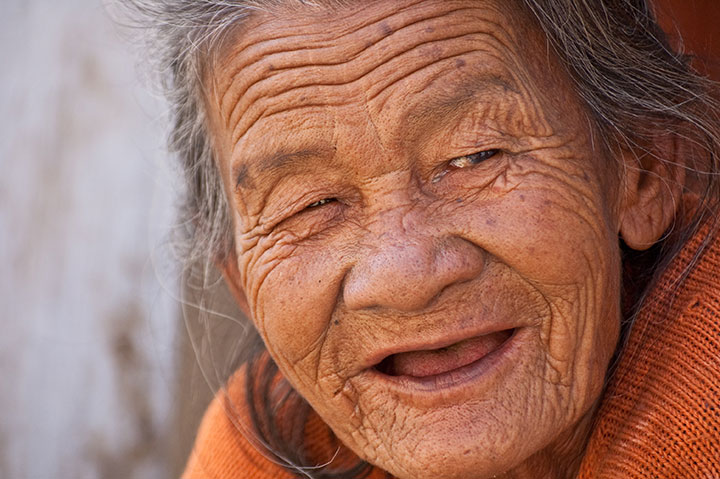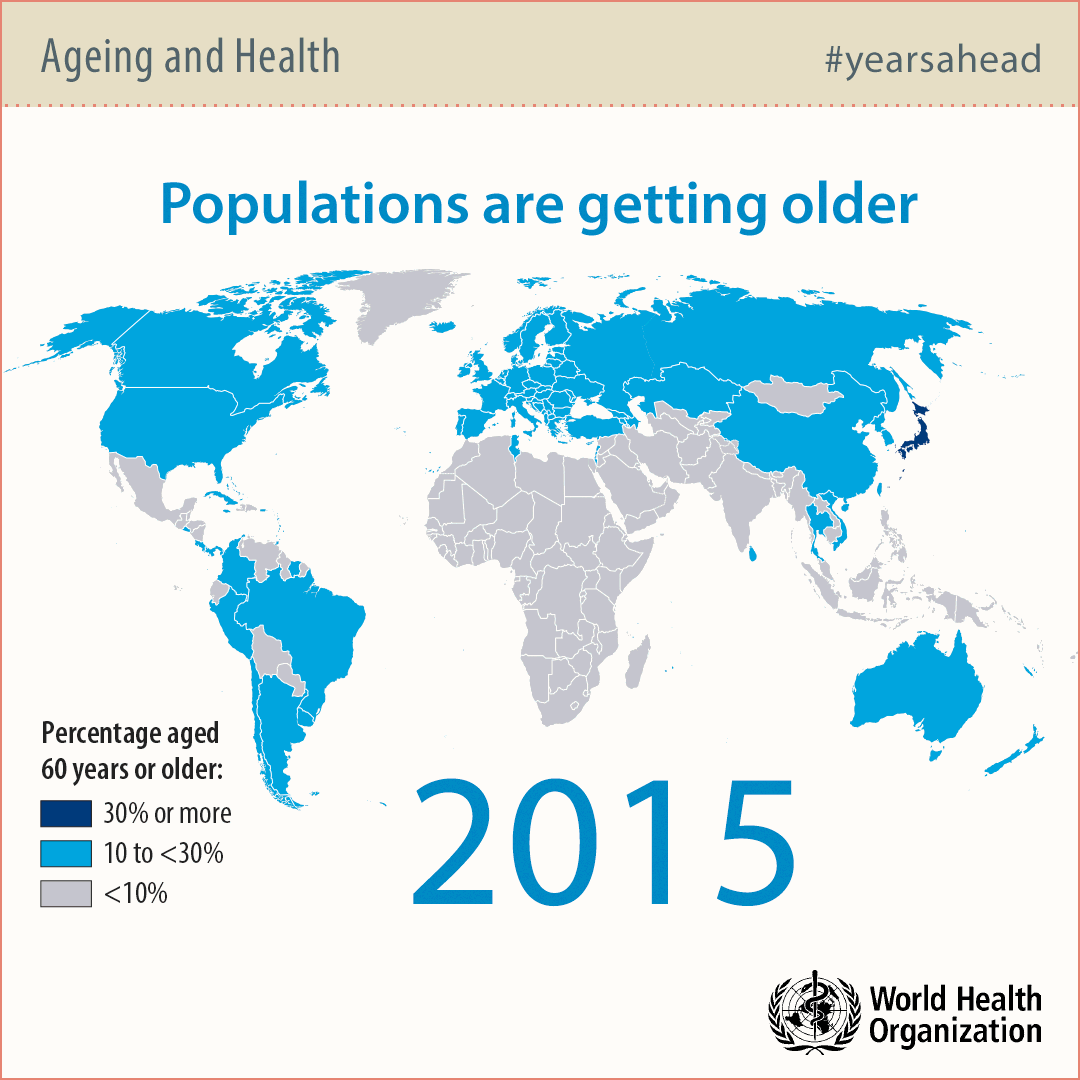Growing old is an inevitability. From the moment we are born, we begin to die. And now, new research is suggesting it’s that thought of growing old that might actually shorten our lifespan.

READ MORE: Kathy Griffin speaks out about ageism in Hollywood
The World Health Organization (WHO) analyzed data from the World Values Survey and found that, of the respondents from 57 countries, 60 per cent felt older people weren’t respected.
Interestingly, the lowest level of respect was found in wealthier countries.
WATCH: Are we ready for the ‘grey wave’? Health authorities work to adapt to aging demographic

“This analysis confirms that ageism is extremely common. Yet most people are completely unaware of the subconscious stereotypes they hold about older people,” said John Beard, WHO director of Ageing and Life Course.
However, research suggests that this ageism isn’t necessarily intentional. Instead, it’s “implicit ageism,” where we subconsciously display negative attitudes towards those considered “old” or “elderly.”
And that ageism may be taking years off our lives.
In a study from the American Psychological Association, psychologist Becca Levy found that the consequences of ageism — discriminating against someone based on their age — run deep. Her research found that if someone feels negatively about their age, it can shorten their lives by seven-and-a-half years, leaving many with a lack of will to live.
READ MORE: Age-Friendly Community program aimed at embracing aging N.B. population
Those who experience ageism may not even realize how it influences their mental state; their negative thoughts about aging may linger in their subconscious, taking their toll on their health. Many are less likely to adopt a healthy lifestyle or will experience memory loss and other cognitive consequences. There is also an increased risk of depression and isolation.
Speaking with Global News, Levy said that studies have been going on around the world that support her earlier research. As well, she and other researchers have found an increase of Alzheimer’s biomarkers in those who have been influenced by negative aging stereotypes. Some of the biomarkers include plaques and tangles, which correspond with the development of Alzheimer’s.
“We found that those who had taken a more negative age stereotype … had a significant accumulation of plaques and tangles,” Levy said.
Levy recently conducted an “intervention” where the subliminally inserted subliminal positive age messages to those involved. Those individuals showed better physical conditions compared to those in the neutral group.
In a 2011 U.K. study, researchers also supported this finding, suggesting that age discrimination is related to poor health.
The challenge that lies ahead, the WHO said, was in identifying and tackling ageism to ensure healthier and lengthier lifespans.
“Ageism can take many forms,” said Alana Officer, WHO co-ordinator of Ageing and Life Course. “These include depicting older people as frail, dependent, and out of touch in the media, or through discriminatory practices such as health-care rationing by age, or institutional policies such as mandatory retirement at a certain age.”
Sadly, Levy said that recent research suggests that the incidence of ageism is on the rise.
However, studies have shown that, while some may perceive older persons to be more dependent and a drain on resources, the opposite is true: older people are more likely to volunteer and work.
And stamping out ageism is important: between 2000 and 2050, the world’s population of those over 60 years old will have doubled from 11 per cent to 22 per cent. That will be two billion people. And, of course, we all age.
“Like sexism and racism, changing social norms is possible. It is time to stop defining people by their age,” Beard said.





Comments